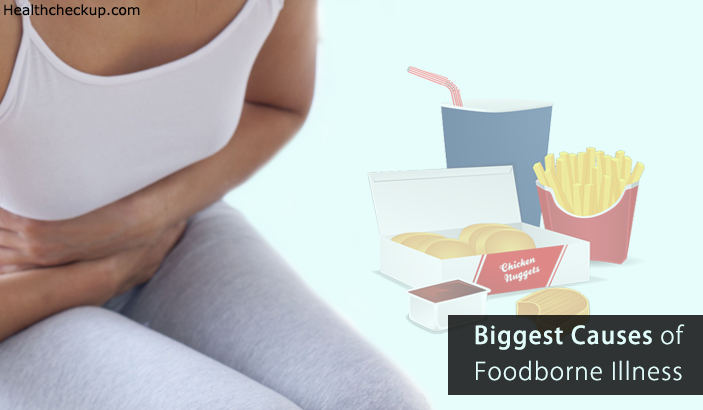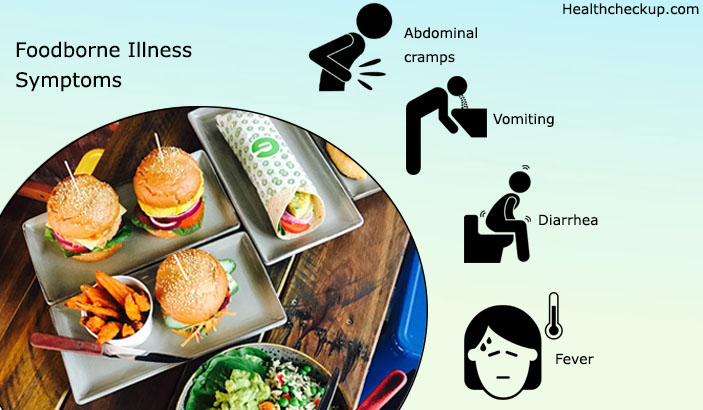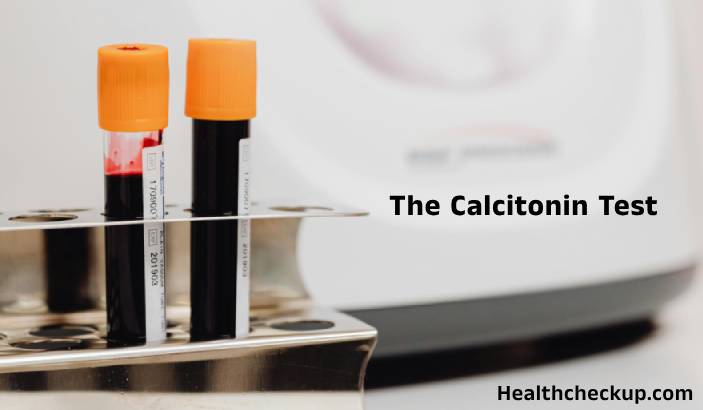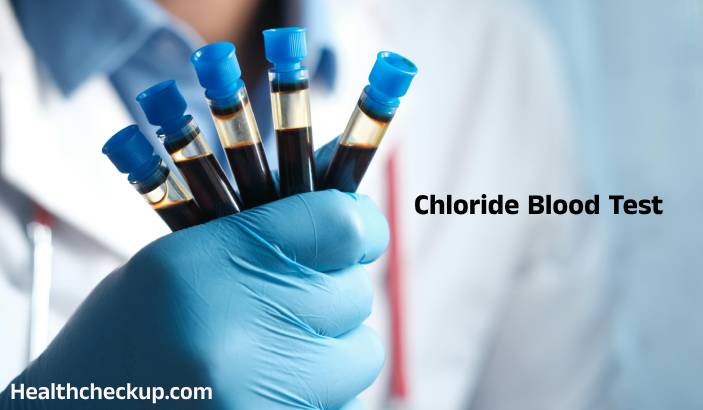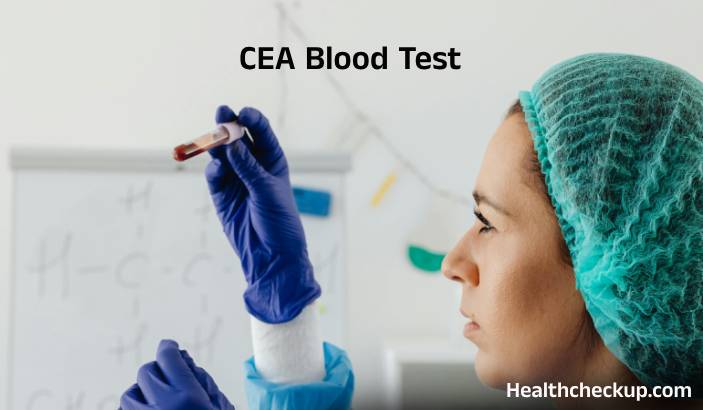Everybody had it once a lifetime. Your stomach aches, you need to run (and run and run) to the bathroom, you throw up; you’re dehydrated and can’t get up (and stay anywhere far from the bathroom). Ahh, food poisoning. Definitely not the condition one would like to be in. And we know whom to blame. The biggest cause of foodborne illness are That little forms of life, those microbes, and pathogens. They are the offenders and the biggest cause of foodborne illness. And oh they can hide.
Foodborne Illness Types
Commonly people recover from food poisoning in a few days without any medical intervention. But there are foodborne diseases that can lead to fatal ramification or some prolonged health issues. Which means, it’s always better to see a doctor if something’s happening to your health. Here is the list of the most common foodborne illnesses, and you should pay special attention if you’ve got any symptoms of any of them:
- Salmonellosis: It’s an infectious disease, potentially life-threatening, causes Reactive Arthritis.
- Hemorrhagic Colitis: Shows in abdominal cramps and bloody diarrhea, may lead to the Hemolytic Uremic Syndrome.
- Listeriosis. Primarily transmitted via contaminated food, like soft cheese and unpasteurized milk. It can be especially dangerous for pregnant women, newborns, and elderly people.
- Campylobacteriosis: Usually transmits via contaminated food (generally unpasteurized milk and undercook poultry) or drinking water. Causes Guillain-Barre Syndrome.
- Botulism. Improperly canned foods, fermented fish, and baked potatoes are generally creating a higher risk for the foodborne illness like this one. Can lead to death.
- Intestinal Cryptosporidiosis: Can be contained in uncooked foods or in a food that was handled by someone ill. Doesn’t lead to death, but makes an upset stomach, diarrhea, and slight fever.
- Traveler’s diarrhea: The offenders usually are food and water contaminated with human feces.
- Hepatitis: Maybe contained in raw products or contaminated water. A person with this condition starts to feel like he or she got flu, urinates with dark urine and experiences diarrhea.
- Staphylococcal food poisoning: Meats that weren’t stocked in the refrigerator or were stocked improperly, potato salads, egg salads and cream pastries can be contaminated with it.
- Bacillary dysentery: Contaminated water, uncooked or not reheated food can contain it. Result in cramps, diarrhea, and fever.
Foodborne Illness Symptoms
If you ever had a food poisoning, you’ll probably recognize it. The symptoms are common but can still be frightening or simply frustrating, especially when illness occurs somewhere on the road or on vacation trip. Here is the list of common symptoms to recognize a foodborne disease:
- Abdominal Cramps: It aches. You just want to lie back and wait when it all comes to an end.
- Diarrhea: Watery, bloody, containing mucus. It can be all at once or you can experience only one symptom of the listed.
- Nausea: Unless you’re pregnant, nausea isn’t the symptom that stays with you all the time. Generally, it shows up first in case of a foodborne disease.
- Vomiting: Your body is trying to get rid of what’s that thing that poisoned you, and there are only a few ways to do it.
- Fever: It doesn’t occur always. But that’s just the way your body fights the infection.
- Dehydration: That’s actually a consequence of all listed above. Your body loses water with vomiting and diarrhea, make sure you rehydrate as much as possible.
Causes of Foodborne Illness
The biggest causes of foodborne illness are contaminated food and drinking water. The contamination might come from the improperly raised, stored or cooked products, and also it happens when you don’t wash your hands. Scientifically speaking, it can be caused by three things:
- Bacteria: It’s the most common cause of foodborne illness. Some of the most common types that cause it are Salmonella, Campylobacter, Listeria, E. Coli, Staphylococcus, Bacillus cereus, and Clostridium.
- Toxins: To say it easier, poisonous substances. Generally, they are contained in mushrooms, red kidney beans, berries, and shellfish.
- Viruses: That is, hepatitis A, norovirus, rotavirus and viral gastroenteritis.
The Outbreak of Foodborne Illness
Generally, foodborne illness starts with nausea and vomiting and/or diarrhea. Then all or some of the symptoms listed above add up. Try not to panic, as most food poisonings usually get better within 48 hours. If it doesn’t and you’re experiencing fever and weakness, have blood or mucus in your stool — call the doctor’s office. Big chances are, you need medical help.
Treatment for Foodborne Illness
First of all, if you’re experiencing some unusual symptoms or you feel that something’s going terribly wrong, see the doctor. There are so many lives that could be saved if people came for medical help and weren’t trying to treat something they don’t know how to treat. If your condition is caused by bacteria, the doctor will prescribe antibiotics, which work really well.
But regardless of your treatment plan, there are things that you should do while suffering from the foodborne disease:
- Take a rest: It will go in a couple of days, don’t rush. Especially if you’re experiencing diarrhea and vomiting. No need to be brave.

- Drink lots of water: You’re losing a lot of it during that time in the bathroom, but you still need it. Drink up!

- Give your stomach a rest also: It’s a bit busy; don’t bother it with extra food for a few hours.
- Eat lightly: When you start eating again, keep it easy; try not to consume anything that needs all the strength of your digestion system. That is, no alcohol, seasoned or fatty foods, no caffeine, nicotine and dairy products. Clear soda and/or clear broth will do just great.

How to Prevent Foodborne Illness
Foodborne illness prevention is not that hard. The best way to prevent foodborne illness is to stick to food safety. There is nothing special about it; just the usual rules, but they can save you lots of health and nerves. Few tips for you:
- Never buy food in damaged packages
- Stick to pasteurized milk and dairy
- Check the expiration dates
- Store perishable food in refrigerator or freezer
- Do not forget to wash your hands regularly
- Cook foods thoroughly
- Store leftovers for no longer than 3–5 days
- Be careful with the street food on vacation.
Things happen and sometimes foodborne illness strike very careful people. But being conscious can lower your chances really, really much.
Medically Reviewed By


